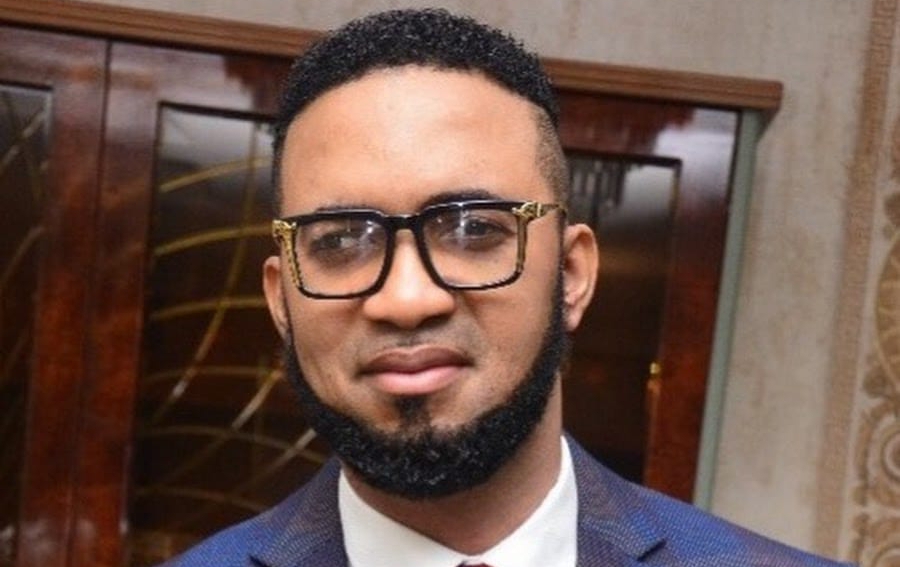At the Obafemi Awolowo University Teaching Hospitals Complex (OAUTHC) in Ile-Ife, Dr. Ekundayo Oluwole Ayegbusi is steadily changing the landscape of women’s healthcare in Nigeria. As a consultant obstetrician, gynaecologist, laparoscopic and fistula surgeon, his career has become a reflection of how science, compassion, and innovation can work together to restore dignity and hope.
Born and raised in Ekiti State, Dr. Ayegbusi’s path into medicine was shaped by discipline and a strong sense of service. After graduating top of his class at Unity Secondary School, Oye Ekiti, in 1996, he went on to earn his medical degree from Obafemi Awolowo University in 2007. His curiosity and desire to refine his craft led him beyond Nigeria, where he trained in minimal access and reproductive surgery in India, earning certifications in laparoscopic and robotic procedures.
His defining work, however, lies in obstetric fistula care. Since 2018, Dr. Ayegbusi has led a team at the Dame Olayinka Obaleye Obstetric Fistula Centre in Ile-Ife, performing hundreds of free repair surgeries for women affected by the debilitating childbirth injury. “Every successful surgery is a life restored,” he said, describing the work not only as a medical intervention but as a social mission to help women reclaim their dignity.
The programme has drawn local and international partnerships, including support from the Fistula Foundation in the United States, and has turned OAUTHC into a key centre for fistula repair and research. Beyond direct care, the initiative provides a platform for training young doctors in urogynaecology and minimally invasive surgery.
Dr. Ayegbusi’s impact extends into healthcare leadership. With postgraduate degrees in Public Administration and Business Administration, he applies management and policy insight to improve maternal and perinatal health systems. His roles with the World Health Organisation’s Quality, Equity and Dignity project, and Operation Fistula, underscore his commitment to building structures that ensure sustainable care for women across Nigeria.
“Technology and compassion must meet at the point of care,” he said, reflecting his philosophy of medicine that sees each patient not as a statistic but as a story worth restoring.
Today, Dr Ayegbusi stands at the intersection of clinical excellence and systemic reform — a physician redefining what it means to care for women in a country still battling gaps in access and equity. Through his work, he continues to remind colleagues and policymakers alike that healthcare transformation begins with one act of restoration at a time.






